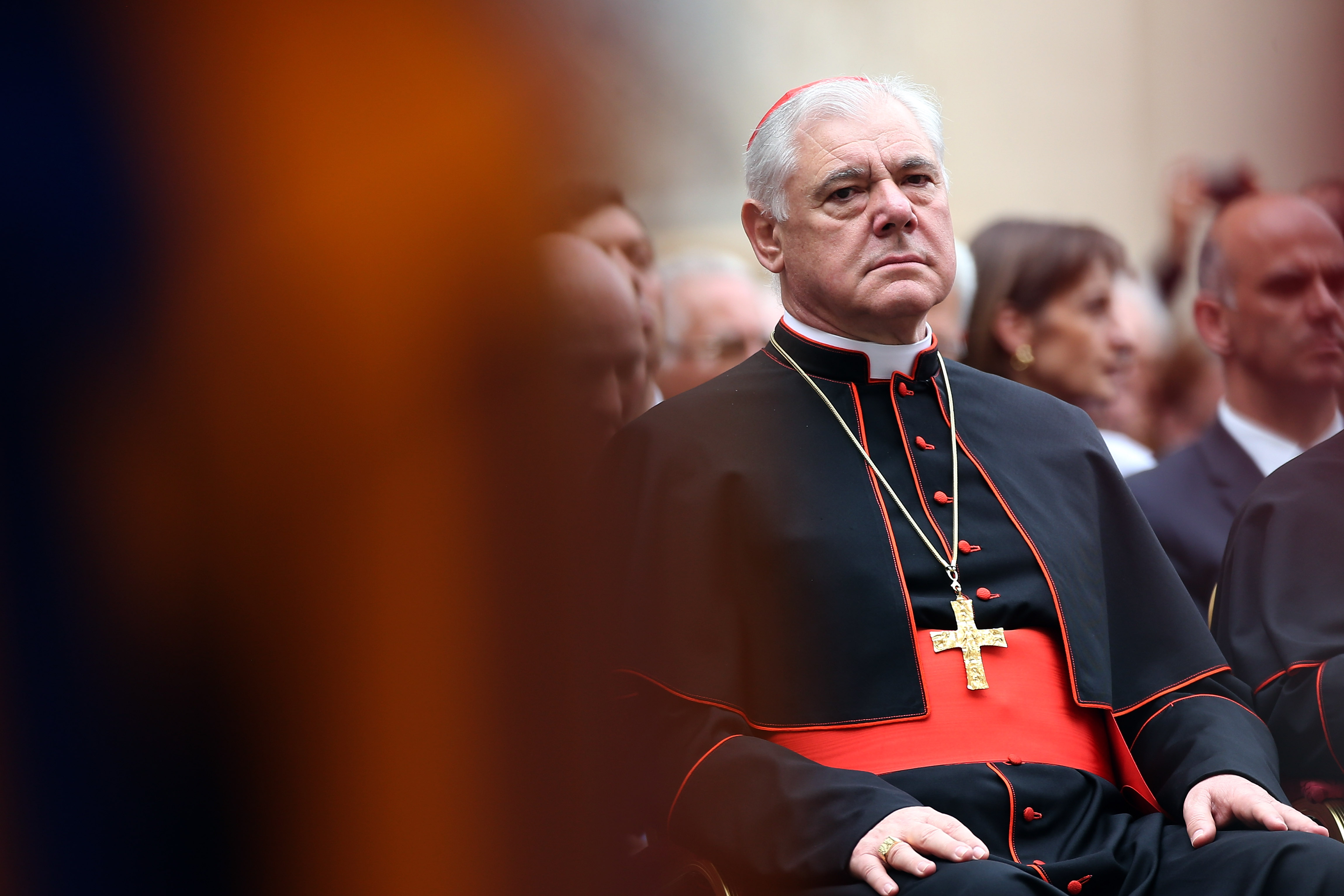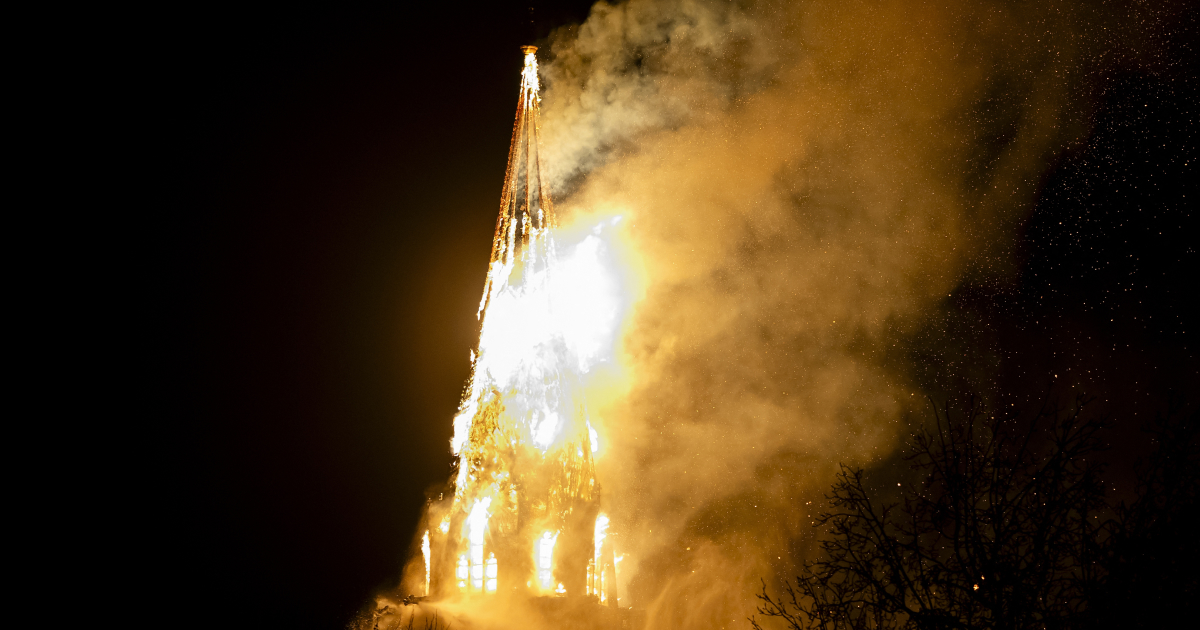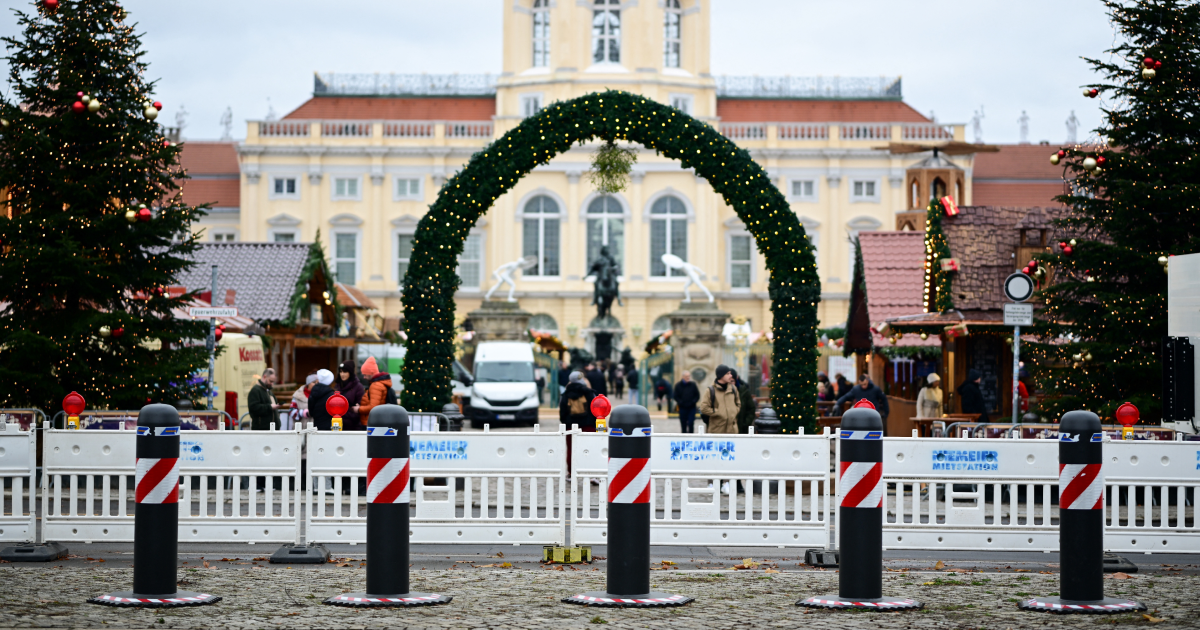One of the Church's leading conservative cardinals has claimed that politicians in European countries like Germany “live in fear" of Muslims, as he issued a stark warning about the future of Christianity on the continent.
Cardinal Gerhard Müller, the former prefect of the Congregation for the Doctrine of the Faith, gave the assessment in an interview with Vatican journalist Diane Montagna, during which he discussed challenges facing the Church under the new pontificate of Pope Leo XIV, as well as wider threats from both secular ideologies and the spread of Islam.
The cardinal said that Muslims were increasingly confident in asserting their religion in society, while Christians often hesitated to give public witness for fear of causing offence.
"Muslims dominate public life, in part because politicians live in fear of them," the cardinal said, speaking about the situation in Germany. As a result, he said, Germany "already is, in many ways" a Muslim country.
He noted that in his native Mainz, a city which was 70 per cent Catholic half a century ago, the figure had fallen to 27 per cent, with migration and secularisation eroding Catholic identity.
Across Germany, he added, Muslim migrants were shaping public culture while Christians were reluctant even to hold Eucharistic processions.
He warned that this imbalance risked leading Europe down the same path as North Africa, once a heartland of the Catholic faith before becoming almost entirely Islamic after the seventh century.
He linked this transformation in Europe to a wider collapse of faith across its countries. The cardinal pointed to ideologies such as communism, fascism, nationalism and now “wokeism” as destructive movements that have hollowed out Christian belief and left societies vulnerable to further decline.
He described "wokeism" as a continuation of Marxist thought that is hostile to family, identity and religion, and accused its proponents of "instrumentalising" Islam to undermine Christian culture.
"In England, for example, wokeism in its initial phase uses Islamism as a tool to weaken Christian culture and tradition," the cardinal said.
"Currently, in tragic cases – such as when a girl is violated by several Muslim men – the girl is more likely to go to jail than the perpetrators. I hope that we will see meaningful change in England with the next elections."
Discussing affairs in the Vatican, Cardinal Müller offered words of praise for Pope Leo XIV. He said the new pontiff had restored “a more Christ-centred proclamation of the Gospel” and a clearer focus on evangelisation.
He contrasted this with what he described as an excessive preoccupation with secondary issues, such as migration, during the previous pontificate. While stressing that the Church should always assist the poor, the cardinal insisted that the Church’s first mission remained to preach the Gospel and to bring people to Christ.
Cardinal Müller also turned his attention to recent controversies in Rome, condemning the controversial LGBT Jubilee pilgrimage that saw participants gather at the Church of the Gesù and at St Peter’s Basilica. He described the event as a desecration of sacred spaces and a distortion of Catholic teaching, accusing organisers of exploiting religious symbols for political purposes.
Cardinal Gerhard Müller, the son of an automobile-industry worker, was born in Mainz in 1947 and raised in a devout Catholic family. He studied philosophy and theology in Mainz, Munich and Freiburg before earning a doctorate on the Protestant theologian Dietrich Bonhoeffer.
Ordained a priest in 1978, he combined pastoral work with teaching before being appointed professor of dogmatic theology at Munich’s Ludwig Maximilian University, where he served for 16 years.
In 2002, Pope John Paul II named him Bishop of Regensburg, and a decade later Pope Benedict XVI appointed him prefect of the Congregation for the Doctrine of the Faith, one of the most senior posts in the Roman Curia.
Pope Francis made him a cardinal in 2014 but then chose not to renew his term as prefect in 2017, after which Müller assumed a more independent and outspoken role in global Catholic debates.
Photo: German Cardinal Gerhard Ludwig Müller attends the swearing in ceremony for new members of the Vatican's elite Swiss Guard at the Cortile di San Damaso in Vatican City, Vatican, 6 May 2015. The ceremony is held on 6 May every year to commemorate the 147 halberdiers who died defending the Pope in 1527. (Photo by Franco Origlia/Getty Images.)










.jpg)
.jpg)
.jpg)
.jpg)



